África/Uganda/12 Junio 2016/Fuente:Monitor /Autor: Beatrice Nakibuuka
Resumen: Rainbow International School Uganda (RISU) ha lanzado su nuevo plan de estudios BTEC como una vía alternativa a la educación universitaria. El nuevo plan de estudios se ofrecerá a los estudiantes de Año 10 hasta el año 13 con el Nivel 2 como equivalentes a los IGCSE y Nivel 3 como un equivalente a un nivel. El nuevo plan de estudios está programada para comenzar en agosto de 2016
Rainbow International School Uganda (RISU) recently launched its new BTEC Curriculum as an alternative pathway to university education. The new curriculum will be offered to students from Year 10 up to Year 13 with Level 2 as an equivalent to IGCSE and Level 3 as an equivalent to A Level.
The new curriculum is set to begin in August 2016 (Term 1 intake) and will run alongside Rainbow’s already existing British Curriculum with Cambridge Examinations (IGCSE and A Level). It will target children that want to have a more balanced learning practice with practical skills and a hands-on
At the official launch held on 17 th May 2016 at the Kampala Serena Hotel, the BTEC – Pearson East Africa Representative, Bushra Malik remarked, «The BTEC Curriculum offers a stimulating learning dimension with a flexible course structure that blends subject theory with practical application. Students are assessed and graded through coursework, fieldwork and team projects but there are no formal.
According to the Head of Secondary School, Jason Lewis, Risu will be the first school in Uganda to offer the BTEC Curriculum, which is recognised the world over for its practical skills, real life learning and engaging experience.
The popular BTEC subjects include Computing (IT), Hospitality and Physical Education. As the courses and curriculum become popular and mirror the success it has had in all the top International Schools in Nairobi, Kenya the amount and variety of courses offered will increase.
«This is a new phenomenon in international education that we see becoming very successful in a couple of years as parents and students choose a more robust curriculum that provides students with practical skills. 95 per cent of universities in the United Kingdom, over 200 universities worldwide and 70 professional bodies including ACCA, ICE and CMI recognise BTEC qualifications and a big number of international employers like Shell (Vivo Energy), PWC and Rolls Royce actively recruit BTEC graduates.»
At the launch attended by a number of leading corporate organisations from sectors such as banking, insurance, health and others, Risu pledged to continue upholding its high academic standards and offering a holistic education that caters for the needs of every child.
Fuente de la noticia: http://www.monitor.co.ug/News/Education/Risu-launches-new-curriculum/-/688336/3224356/-/rh9b1bz/-/index.html
Fuente de la imagen: http://www.monitor.co.ug/image/view/-/3224358/highRes/1339438/-/maxw/600/-/12lkcib/-/educ002+pix.jpg
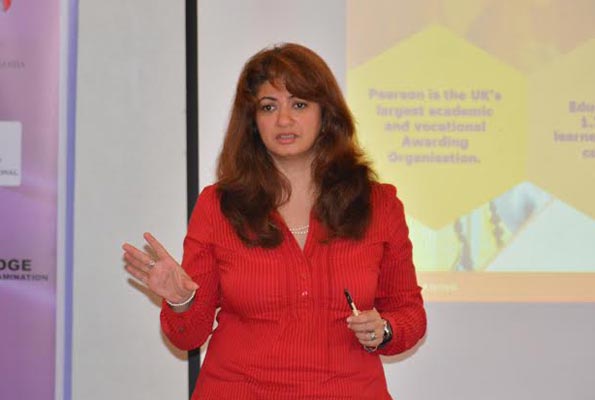
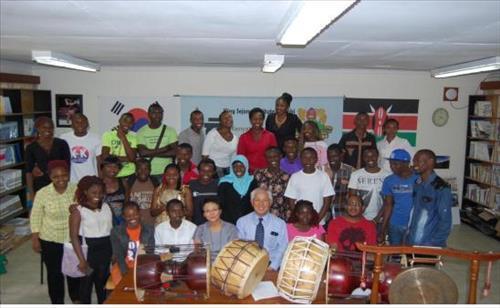

/A7DAFB269E5ADB36C1257FC000336303/$file/Colonial%20Legacies_IN%20TeXT.jpg) This paper identifies three types of welfare regimes in Africa, based on the insight that tax and expenditure regimes are closely associated. Using cluster analysis, the author highlights historical legacies in current welfare policies, demonstrating that welfare regimes in Africa have been strongly determined by the ways in which different countries were incorporated into the colonial economy. The author finds that many of the new social welfare reforms are taking place in what he refers to as labour reserve economies, and are generally internally rather than aid-driven. He stresses the importance of thinking of social expenditure in relationship to domestic resource mobilization, and finds that the focus on aid and social expenditure has tended to obscure this important aspect of welfare regimes in Africa.
This paper identifies three types of welfare regimes in Africa, based on the insight that tax and expenditure regimes are closely associated. Using cluster analysis, the author highlights historical legacies in current welfare policies, demonstrating that welfare regimes in Africa have been strongly determined by the ways in which different countries were incorporated into the colonial economy. The author finds that many of the new social welfare reforms are taking place in what he refers to as labour reserve economies, and are generally internally rather than aid-driven. He stresses the importance of thinking of social expenditure in relationship to domestic resource mobilization, and finds that the focus on aid and social expenditure has tended to obscure this important aspect of welfare regimes in Africa.
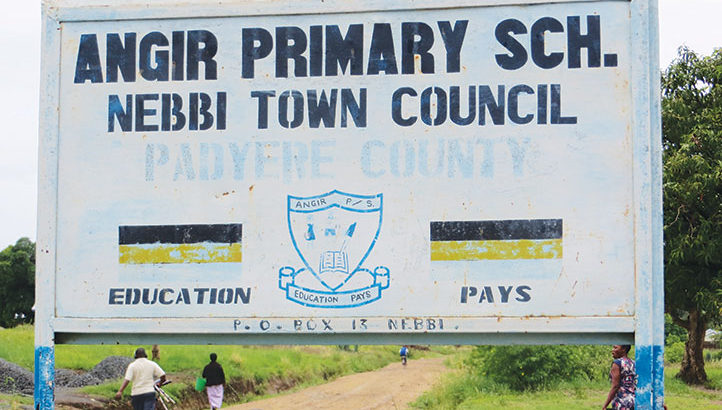
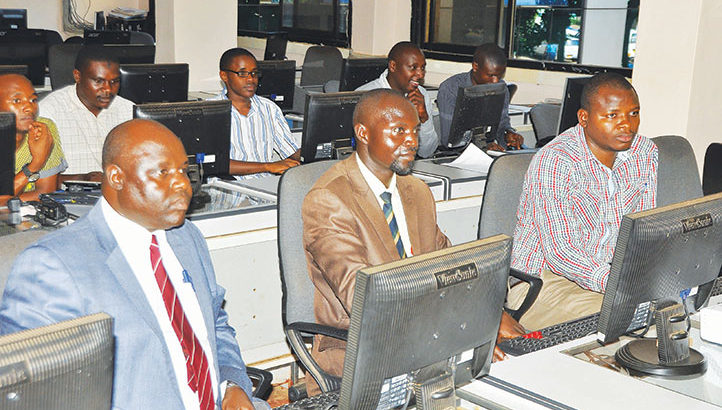
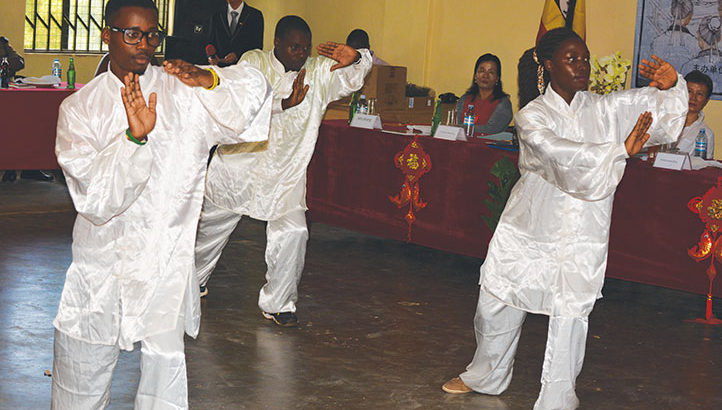
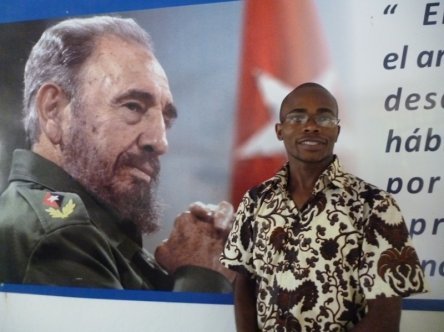





 Users Today : 249
Users Today : 249 Total Users : 35459844
Total Users : 35459844 Views Today : 419
Views Today : 419 Total views : 3418391
Total views : 3418391